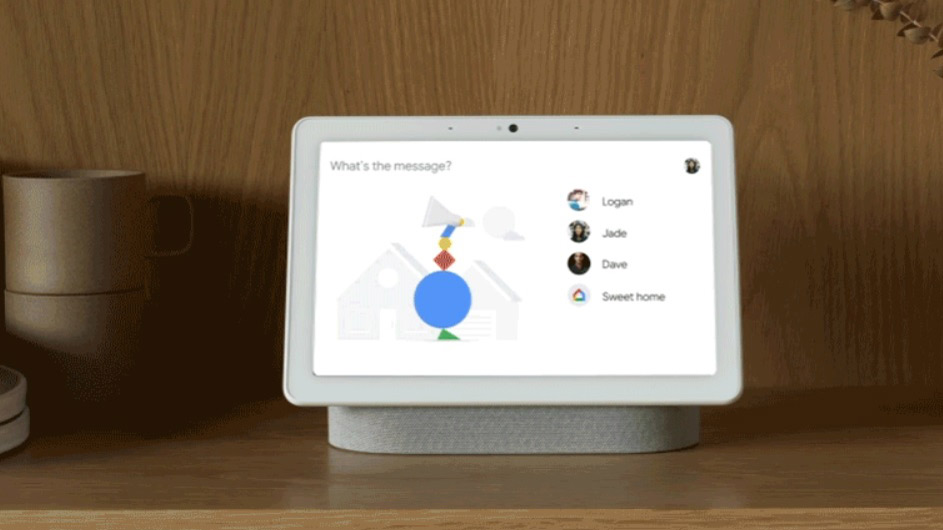Why are Siri and Alexa trying to turn us into station announcers?
Opinion: Using your smart speaker to broadcast messages to the whole house is, quite frankly, lazy

Sign up for breaking news, reviews, opinion, top tech deals, and more.
You are now subscribed
Your newsletter sign-up was successful
The best smart speakers with built-in voice assistants have become a must-have for busy modern life. They can do everything from setting timers while you’re cooking, giving you the weather and even controlling your smart home gadgets.
They can also be used as an intercom, broadcasting a short voice recording on every compatible smart speaker in the home, so you can let the kids know that dinner is ready, or that you’re simply heading out to walk the dog.
Intercom features aren’t new to smart speakers – Google introduced its aptly-named Broadcast feature in 2017, with Amazon following very quickly on its tail in 2018.
Now, however, perhaps to keep up with the Apple HomePod’s Intercom offering, Google has extended the feature so anyone in the home can respond to a message from the smart speaker closest to them, or even their smartphone.
But are these intercom features really making modern life better or are they turning us all into railway platform announcers, making us lazy and reducing human contact with those in our home?
- Find out how to use HomePod's Intercom feature
- Think Alexa, Google Assistant, and Siri are gimmicks? You'd better think again…
- Alexa vs Google Assistant: which voice assistant is right for you
Just hear me out…
If you live in a mansion, with multiple floors, plenty of bedrooms and maybe even a pool house, then using an intercom is unsurprisingly quicker than walking around your estate to give someone a message. But, most of us don't have homes that large, making the intercom system redundant.
I’ve persevered with intercom features – constantly trying them out when reviewing Amazon Echos, Google Nest speakers, and Apple’s HomePod – but I just can’t get on board
Sign up for breaking news, reviews, opinion, top tech deals, and more.
It boils down to two things – the first is becoming sedentary. While it might be great not having to walk from room to room telling the kids dinner is ready, it’s also fewer steps we’re taking, and over time this can mount up.
Research by the British Heart Foundation revealed around 20 million adults in the UK are physically inactive, and according to the WHO people who are insufficiently active have a 20% to 30% increased risk of death compared to people who do take enough exercise. With this in mind, every little step counts.
Secondly, I don’t feel comfortable with the lack of social interaction – the global pandemic has taught me that every chance you get to speak to someone face to face should be cherished because it could be taken away in an instant.
So even if that interaction is popping your head around the door and mentioning you’re off to walk the dog – who knows, your partner or kids might even offer to come with you too and you’re taking away another barrier that technology is trying to put up.
Being able to dictate messages that are delivered to friends and family works, but only if they are in the form of text; for example using Siri, Alexa, or Google Assistant to transcribe a message in OneNote and sending it to someone outside the house. It’s quick, and ensures if you’re far away from someone you can feel connected. But if you want to pass a message to someone who’s at the same address, maybe every so often opt for the more traditional method, as it could be good for your health.

Carrie-Ann Skinner was formerly Homes Editor at TechRadar, and has more than two decades of experience in both online and print journalism, with 13 years of that spent covering all-things tech. Carrie specializes in smart home devices such as smart plugs and smart lights, as well as large and small appliances including vacuum cleaners, air fryers, stand mixers, and coffee machines. Carrie is now a copy editor at PWC.